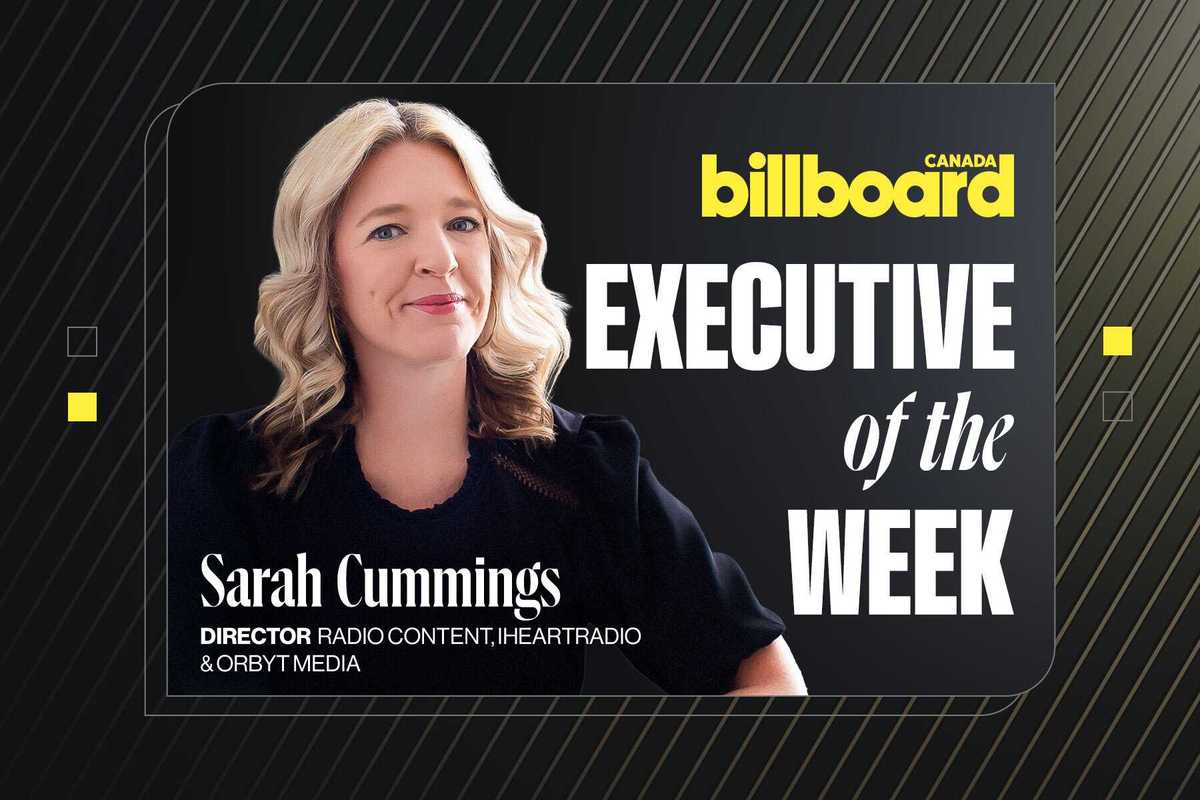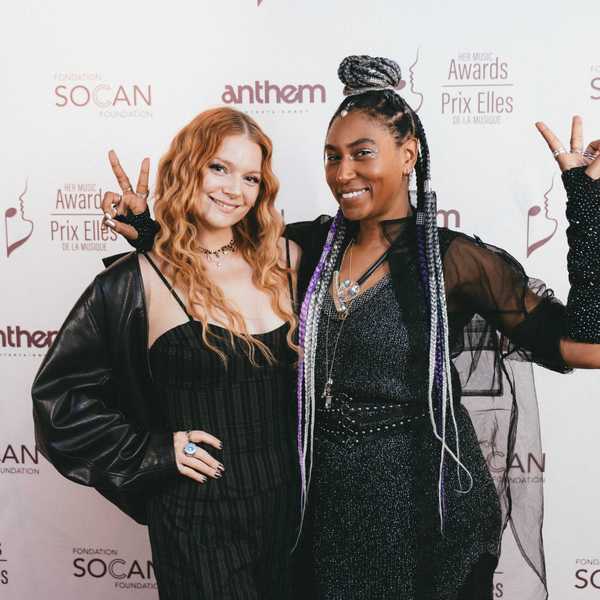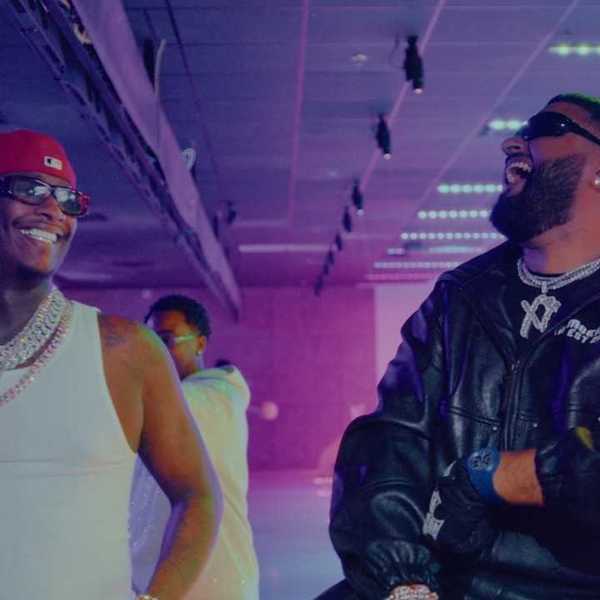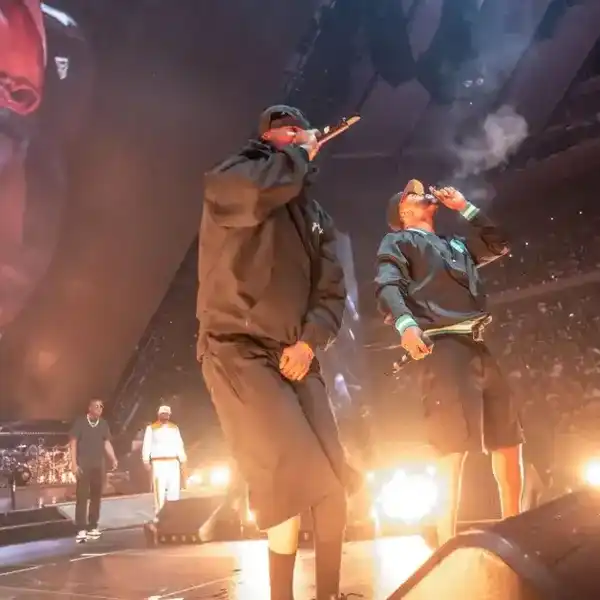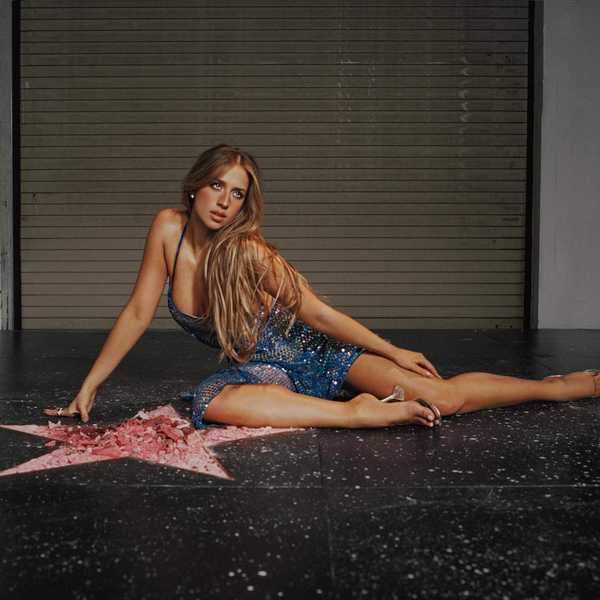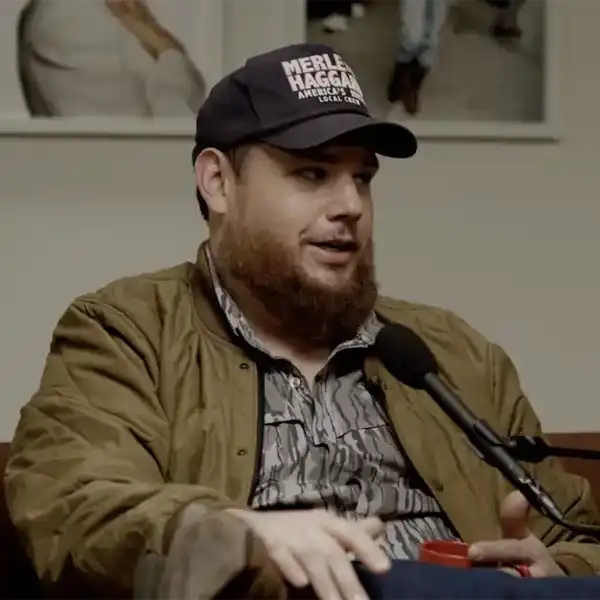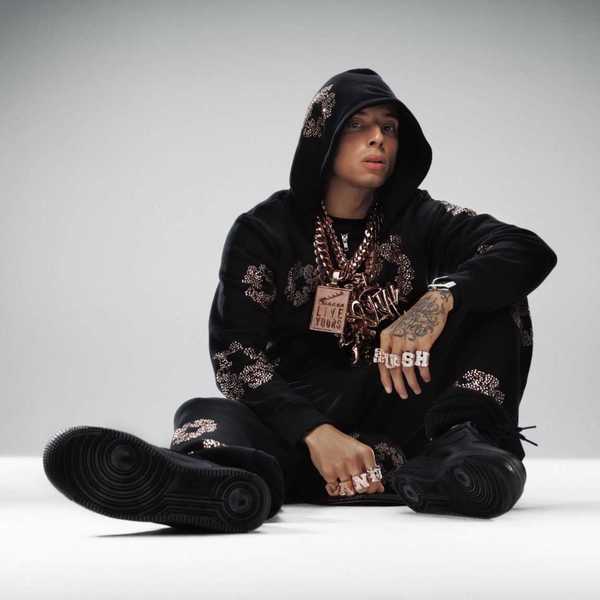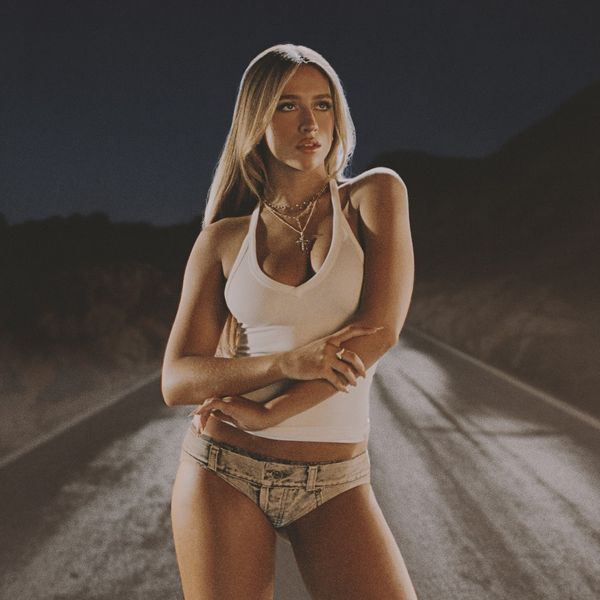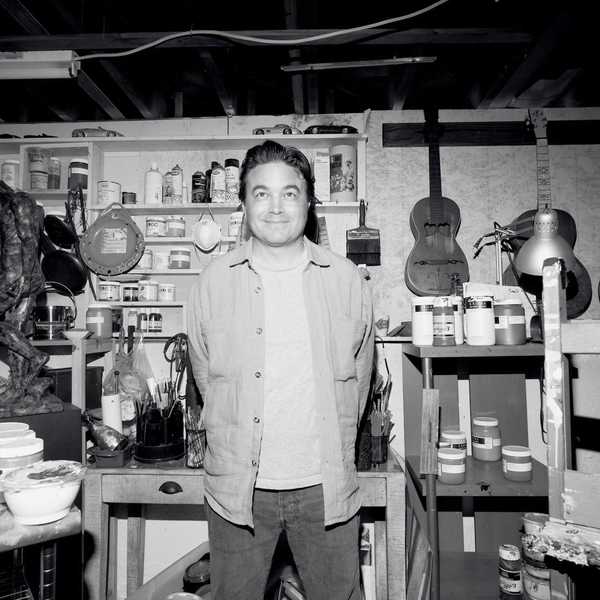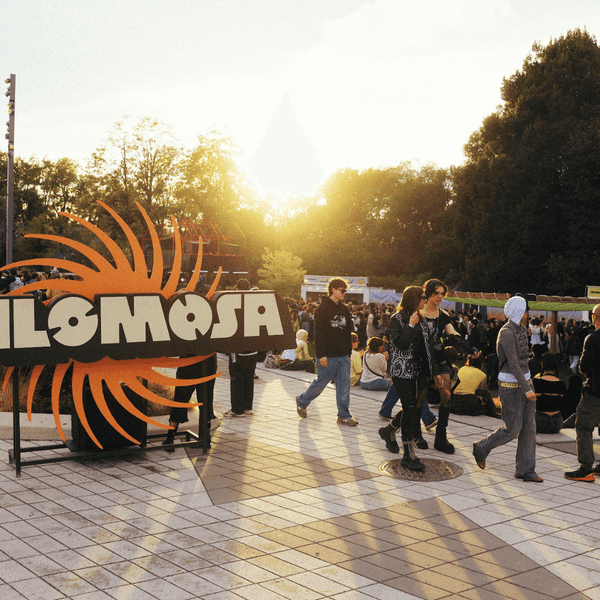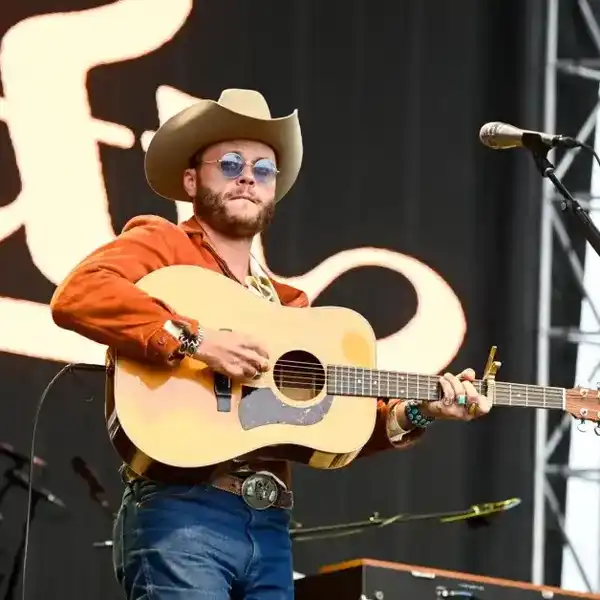Read Lucian Grainge’s Memo on UMG-TikTok Deal: ‘Entire Music Ecosystem’ Will Benefit
The new agreement, announced in the early morning, addresses "key changes in several critical areas," Grainge said in outlining what UMG achieved in negotiations.
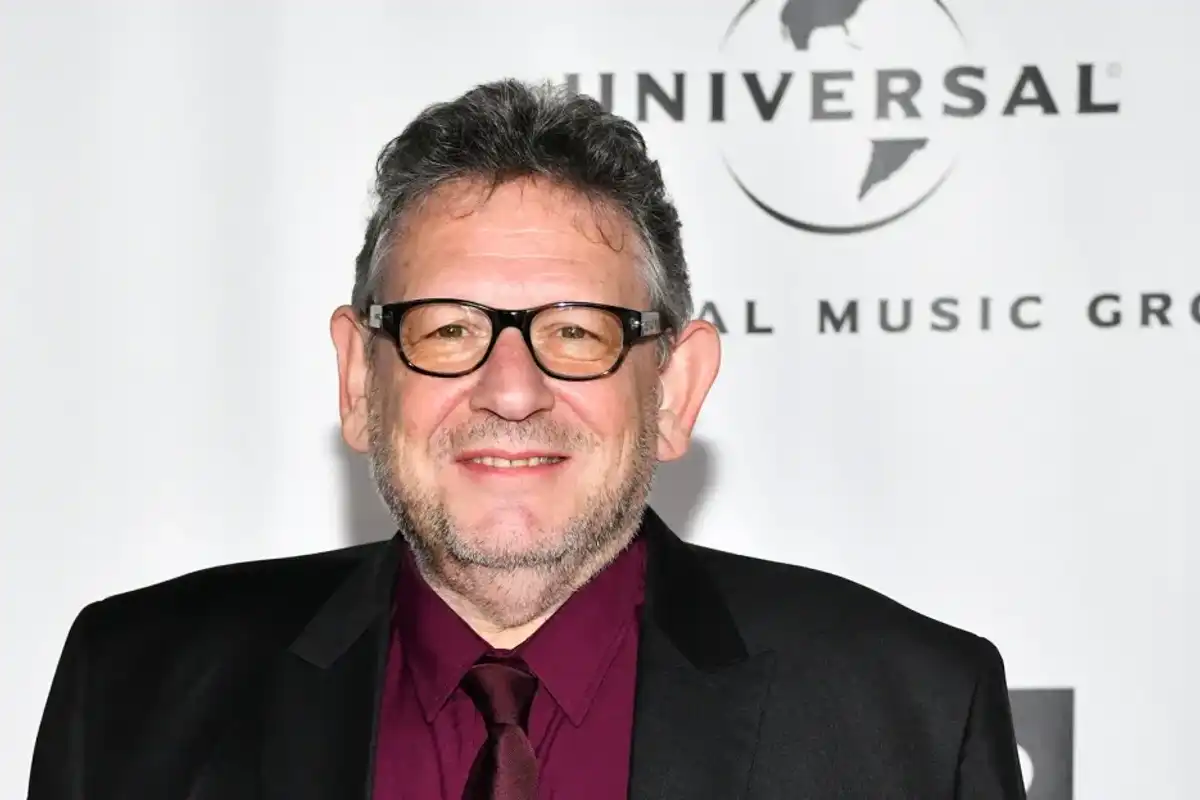
Chairman & Chief Executive Officer of Universal Music Group Sir Lucian Charles Grainge attends Universal Music Group Hosts 2020 Grammy After Party on January 26, 2020 in Los Angeles, California.
Universal Music Group chairman/CEO Lucian Grainge penned a memo to staff, obtained by Billboard, about the music company’s new licensing agreement with TikTok that ended a three-month standoff between the two entities, saying the deal ended with “a decidedly positive outcome,” with TikTok agreeing “to key changes in several critical areas.”
The announcement of the new deal, which came after a high-profile dispute between the world’s largest music company and one of the current premier social media platforms in the world that first erupted in late January, was announced early this morning (May 2). The agreement will see UMG’s millions of compositions and songs, both from its recorded divisions and its publishing company, return to the platform “in due course.” The feud has been one of the biggest talking points in the music business for the better part of this year, with artists and songwriters caught in the middle of the corporate standoff and looking for alternate ways to promote and market their music beyond the parameters of TikTok.
In his memo today, Grainge broke down some of the particulars of the new agreement, saying that UMG was able to get TikTok to address its major concerns. “This agreement marks another significant step we’ve taken to guide the industry’s evolution towards a future where human artistry must be respected, artists and songwriters are treated fairly, and their fans are provided with platforms that better prioritize safety and integrity,” Grainge wrote.
During the dispute, many in the industry were split about the issue and its effects on artists and songwriters, particularly those without much leverage or who were trying to build a following. Many music companies and organizations came out in support of UMG, saying that its fight for better remuneration and protections in an AI age was an important one for the industry as a whole, and dozens of artists also signed an open letter stressing the importance of protections against AI infringement and other issues. At the same time, many artists and songwriters — both developing artists that relied on TikTok to build a following, and some of the bigger names in the music business — decried the ban as having a negative effect on the industry, and some of the biggest artists in the world, including several with UMG connections, found ways around the ban and were able to continue to benefit from their music being on the app while the dispute dragged on.
Grainge acknowledged that friction in his memo today. “As an organization committed to breaking new ground, driving the industry forward, and protecting artists and songwriters from the negative effects of disruptive technology, we expect and even embrace the inevitable conflicts that will result from fulfilling our commitments,” he wrote. “But ultimately, the point of engaging in such conflicts is to find higher common ground from which progress can be made.”
As part of the agreement, Grainge referred back to the open letter that UMG penned in January when negotiations first collapsed, wherein the company outlined three issues it could not come to terms with TikTok on: fair compensation for artists, protection from AI, and safety for its artists. On the compensation issue, Grainge says the new deal improves compensation for artists and songwriters and that the “total value” from the partnership “will be more closely aligned with other platforms in the social music category,” referencing the amount of advertising money that social companies bring in even for content they host for free. He also wrote that TikTok will be working to improve its content identification moderation, and “implement tools and processes to help address provenance and attribution issues, helping artists and songwriters to more effectively monetize their work.”
On the AI issue, Grainge wrote that the platform “addressed the primary concern we expressed in our open letter that AI generated content would ‘massively dilute the royalty pool for human artists,’” and committed to respecting artists’ right of publicity to own their voices and to support training AI models on licensed content, rather than without artists’ or rights owners’ consent. That means the ability to take down “fake artist” AI content uploaded by third parties, among other protections.
In terms of safety for users and artists on the platform, Grainge wrote that the platform “agreed to take steps to address our concerns around platform integrity and the negative impact of social media on its users.” Some of those steps he outlined included “policies and tools to prevent and remediate hate speech and bullying,” as well as addressing deepfakes, infringing content and “algorithmic manipulation” on TikTok.
“I want to express my deep gratitude to all of UMG’s artists and songwriters who, over the last few months, have had to endure having their music removed from TikTok during the dispute,” Grainge ended on. “We appreciate how difficult this may have been for some of them and we are so grateful for their willingness to pursue the path we took. I have no doubt that their advocacy — both publicly and behind the scenes — will positively influence the future of the industry for all artists.”
Read Grainge’s full memo below.
Dear Colleagues:
I’m very pleased to share the good news that our dispute with TikTok has ended with a decidedly positive outcome: they have agreed to key changes in several critical areas (including artificial intelligence, platform safety, remuneration) and we will once again license our music to them.
This agreement marks another significant step we’ve taken to guide the industry’s evolution towards a future where human artistry must be respected, artists and songwriters are treated fairly, and their fans are provided with platforms that better prioritize safety and integrity.
I want to express how grateful we are for the outpouring of support from so many corners of the global music community over the last several months. Artist rights organizations, independent labels, music publishers, music advocacy groups and of course so many individual artists and songwriters were outspoken in their support, recognizing the importance of what we were seeking to achieve. United in purpose, they strengthened our resolve to fight for the result we have achieved: a deal that will benefit not only UMG artists and songwriters but the entire music ecosystem.
As an organization committed to breaking new ground, driving the industry forward, and protecting artists and songwriters from the negative effects of disruptive technology, we expect and even embrace the inevitable conflicts that will result from fulfilling our commitments. But ultimately, the point of engaging in such conflicts is to find higher common ground from which progress can be made. I am enormously proud of what our teams and our artists have been able to achieve with TikTok in finding that common ground on which we will build a foundation for a brighter future.
Three months ago, on January 30, we issued an open letter to the artist and songwriter community that stated plainly that any new deal with TikTok would have to address three critical issues, including:
Protecting artists and songwriters from the harmful effects of AI, and dilution of royalties by a flood of AI content;
Improving the compensation paid to artists and songwriters; and
Prioritizing online safety for both TikTok’s users and our artists.
To convey to you the essence of what we’ve accomplished, I’ll highlight the gains we’ve achieved on all three issues within the context of why these issues have been so important for UMG and all of us as a community.
I. Protecting Human Artists from the Harmful Effects of AI
TikTok has now addressed the primary concern we expressed in our open letter that AI generated content would “massively dilute the royalty pool for human artists.” Further, they have made a number of commitments regarding AI that demonstrate respect for our artists’ and songwriters’ works and “rights of publicity,” as well as support of UMG’s principles on AI, including on training without consent.
AI technology, when used responsibly, offers artists enormous untapped potential, but when used irresponsibly, threatens to cause them deep harm. UMG has been leading the industry in addressing AI’s potentially harmful effects while embracing its opportunities. Our Responsible AI initiative, which was launched last year, puts the protection of artists and the advancement of their interests at the very core of how we think about AI. The goals of that initiative are:
·protecting human artists from being economically disadvantaged by AI;
·guarding against the use of AI-generated deepfakes; and
·requiring transparency in how AI companies train their models.
Our new agreement with TikTok will protect the integrity and value of human artistry and ensure that “fake artist” AI content uploaded by third parties that misappropriates the identities of our artists and infringes upon their right of publicity can be removed. This new deal will extend artist protections even further and promote a better environment for authentic artist/fan engagement.
The deal is only the most recent example of how we are advancing our AI initiative. Over the last year, with artists, as always, at the forefront of our strategy, we developed relationships with a wide array of leading tech companies and entrepreneurs and have been collaborating with a growing number of them on various market-led opportunities and approaches for the responsible use of AI.
II. Improving Compensation for Artists and Songwriters
Under the new agreement, artist and songwriter compensation will be greater than under our prior TikTok deal, and the total value UMG’s artists and songwriters garner from this partnership will be more closely aligned with other platforms in the social music category. Further, TikTok will implement tools and processes to help address provenance and attribution issues, helping artists and songwriters to more effectively monetize their work.
As technology evolves and allows fans to enjoy and consume music in new ways and from new sources, the health and vitality of the music industry requires that artists and songwriters be fairly compensated from the revenue generated by those new sources. Social media is a critical category for advancement of this objective.
In 2017, as the growth of social media was transforming culture, UMG and Facebook entered into the first-ever deal to monetize what had yet to be monetized—the use of music on social platforms. Since that first Facebook deal, the continued growth of social media and its free-to-consumer music engagement has been remarkable.
In fact, the revenue streams from this social music engagement generate tens of billions of dollars in advertising revenue for digital platforms. (And that consumer engagement also greatly benefits platforms in another way—it enables them to acquire customers for their other business ventures, such as eCommerce.) Given the vast sums that music generates for these platforms, any claim that the “free promotion” they provide would ever be sufficient and fair compensation for the use of that music would be absurd.
Revenue streams from several categories that are “free to the consumer” today (such as ad-supported streaming, synch and neighboring rights) account for more than 30% of all revenue for the entire global recorded music industry—almost double what it was a decade ago. For some artists, that can translate into anywhere from 20% to 40% of their income from recordings.
With the commercial significance of this sector in mind, during the last few months, we’ve accelerated engagement with music on other monetized social platforms including Snapchat, Instagram and YouTube Shorts. And, in a recent agreement with Spotify—which will make available a range of new features that were previously found only on social media platforms—we’ve even broadened the very definition of the social music category. In short, the income from social media is increasingly important income to artists, songwriters, labels and publishers, which is why we have pushed hard—and will continue to push hard—to protect and develop it.
III. Providing Online Safety for TikTok’s Users and Artists
Under our new deal, TikTok have agreed to take steps to address our concerns around platform integrity and the negative impact of social media on its users.
The harmful consequences of unmonitored social media have been highly publicized of late. It is a critical part of our mission to work toward promoting the safety and integrity of environments for our artists and their fans.
Some of the concerns on our agenda with TikTok will include safeguards such as policies and tools to prevent and remediate hate speech and bullying. Some of the platform integrity measures include important steps to help address deep-fakes, infringing and unauthorized content and algorithmic manipulation.
I want to close by saying something more about the unprecedented support we received from the music community, especially those individual artists and songwriters who raised their voices in various forums. Of special note are those who signed the recent Artist Rights Alliance open letter which called on tech platforms to employ AI in a responsible manner and not at the expense of recording artists and songwriters. Their widespread support underscored the importance of striking AI protections. In particular, I want to express my deep gratitude to all of UMG’s artists and songwriters who, over the last few months, have had to endure having their music removed from TikTok during the dispute. We appreciate how difficult this may have been for some of them and we are so grateful for their willingness to pursue the path we took. I have no doubt that their advocacy—both publicly and behind the scenes—will positively influence the future of the industry for all artists.
Thank you to all who helped make this possible. This is yet another example of what the music community can accomplish when we work together.
Lucian

